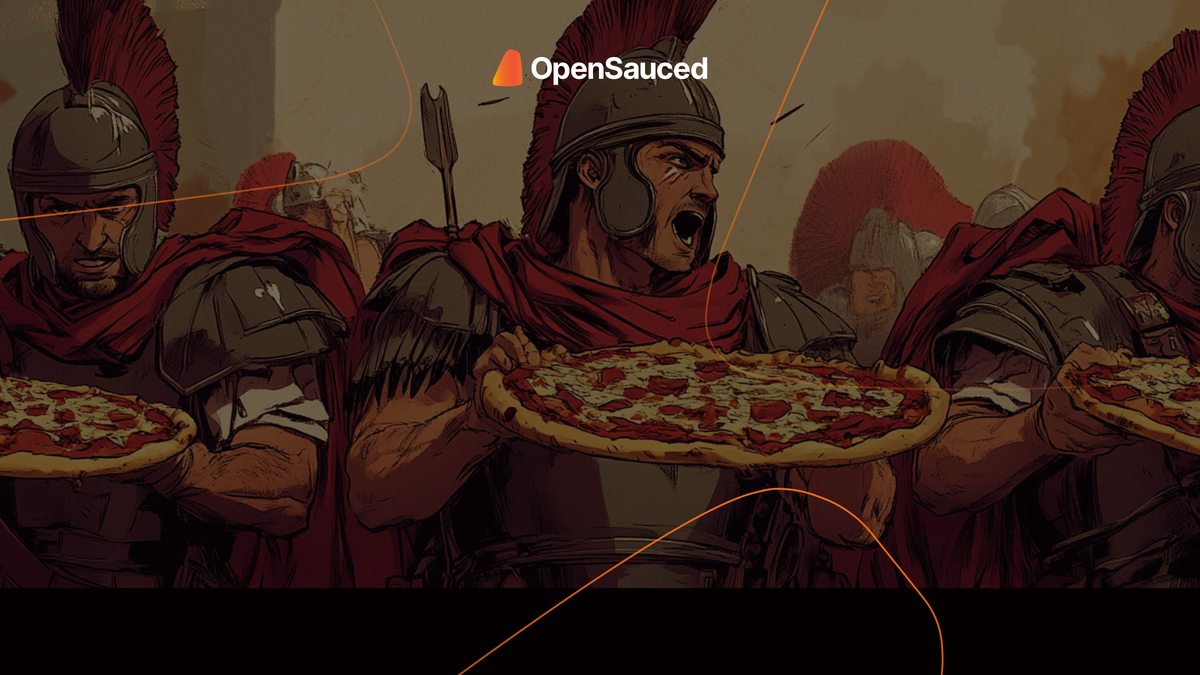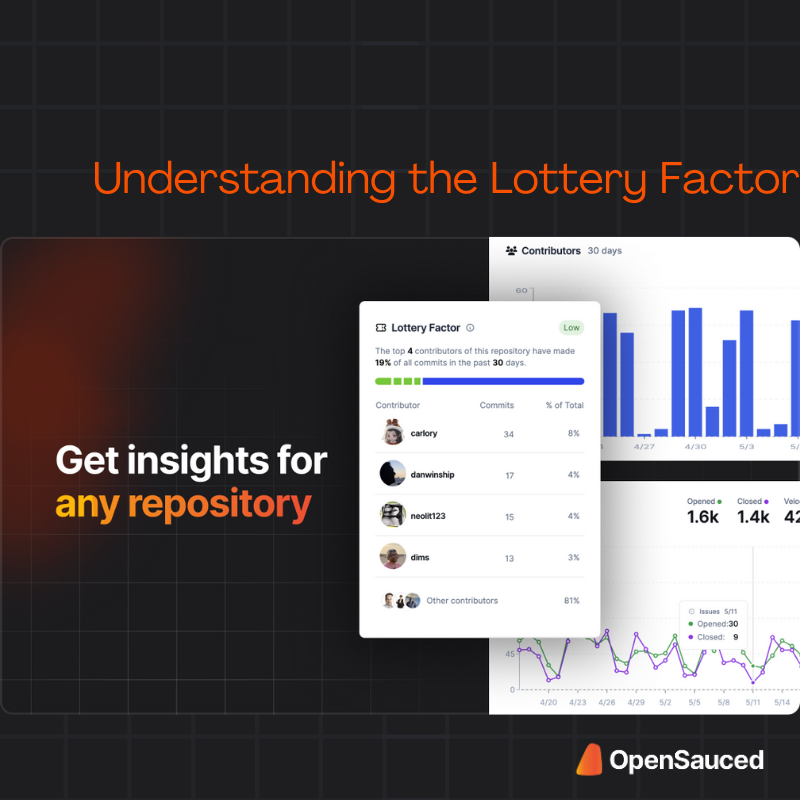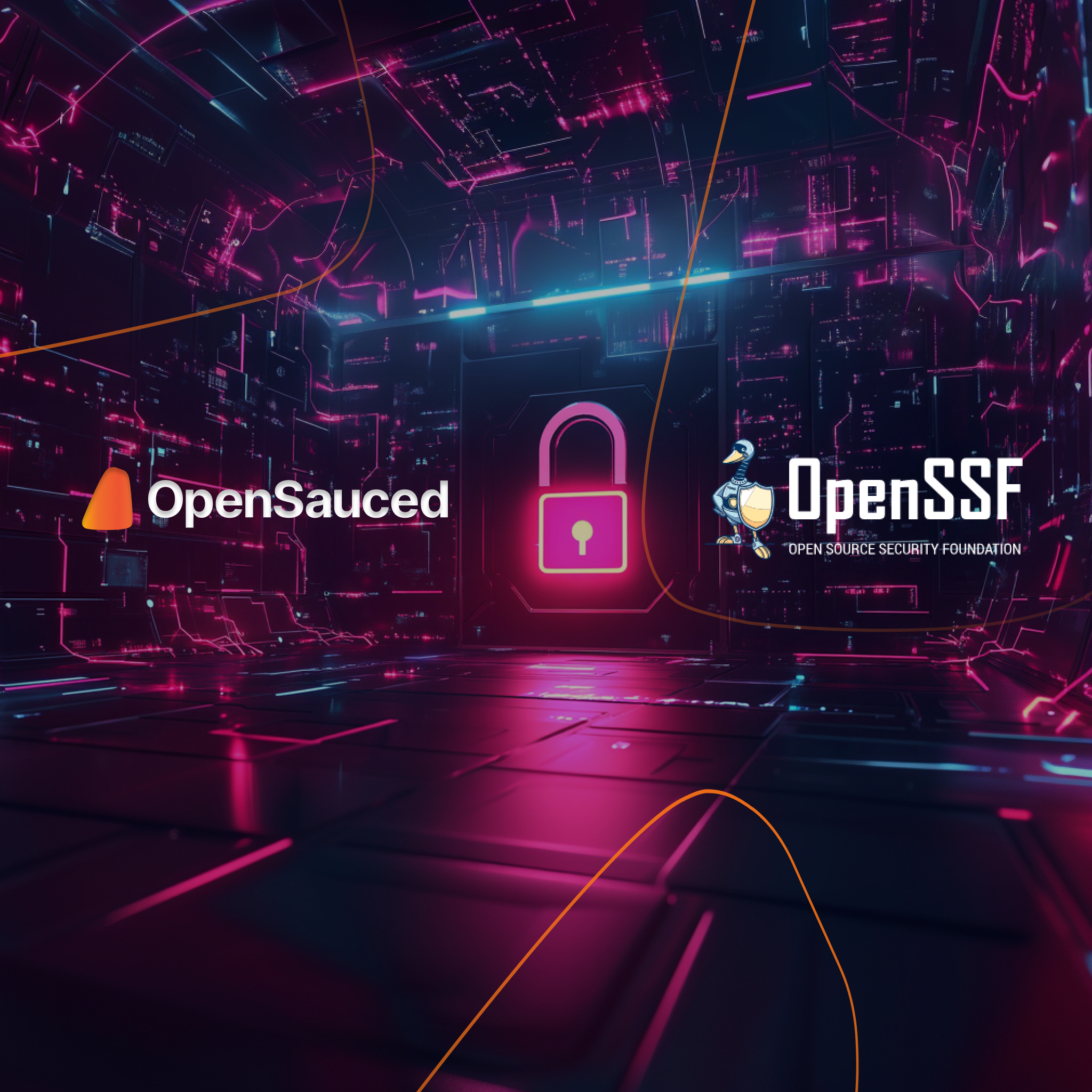The Fall of Rome and the Future of Open Source: Are We Making the Same Mistakes?

The fall of Rome wasn't a sudden collapse. It was a gradual decline spanning centuries. In its heyday, the Roman Empire was an unstoppable force, with unparalleled infrastructure, a thriving economy, and a powerful military. Despite all of that, the empire crumbled under the weight of instability, economic challenges, and a failure to adapt.
Today, our open source ecosystem is a digital empire that powers over 90% of the world's software. But mounting pressures threaten our foundation: maintainer burnout, funding challenges, and security vulnerabilities. Sound familiar? Open source has evolved from a niche community to a critical pillar of nearly every industry, but are we repeating the same mistakes?

The Challenge: Sustainability in Open Source ⚠️
The very principles that make open source so powerful—free access, community contributions, and decentralized control—also create vulnerabilities.
“An effective support strategy must include multiple ways to generate time and resources besides directly financing development. It must start from the principle that the open source approach is not inherently flawed, but rather under-resourced." - Nadia Eghbal, Roads and Bridges: The Unseen Labor Behind Our Digital Infrastructure
According to a 2024 Tidelift report:
- Nearly half of maintainers (48%) felt underappreciated or said that their work is thankless.
- 50%, disliked the inadequate or non-existent financial compensation.
The Current State: An Evolving Landscape 🛠️
As projects scale, so do their needs for robust infrastructure, security, and ongoing maintenance. The problem is clear: without sustainable practices, the ecosystem risks fragmenting, leaving crucial projects unsupported.
Check out what Kelsey Hightower has to say about one of the challenges and responsibilities of open source.
Real-World Example: The xz Attack ⚔️
In May 2018, a critical vulnerability was discovered in the xz Utils, a software library widely used for data compression in Linux distributions and other software ecosystems. The "xz Attack," highlighted a significant issue in open source: the security and sustainability of necessary but under-resourced projects.
The xz Utils library was maintained by a single developer, and despite its widespread use, it did not receive the necessary support or attention until the vulnerability was publicly exposed.

The Impact: The xz Attack showed us that even small, seemingly insignificant open source projects can have far-reaching impacts if they are compromised.
The Lesson: The xz Attack demonstrates the need for more sustainable support models, including financial backing and increased contributor engagement, to ensure the security and stability of essential projects. Without these measures, even widely-used libraries risk falling through the cracks, potentially jeopardizing the safety and reliability of the ecosystem.

- from Open Source for Sustainability, The Linux Foundation
The Path Forward: Learning from History 🔄
The path to a sustainable open source ecosystem isn't a mystery—there are solutions right in front of us. The challenge isn't a lack of solutions, but a lack of widespread adoption and participation.

Financial support options through sponsorships give us the opportunity to directly fund the projects we depend on, and yet many maintainers are underfunded. Companies that rely on open source software can contribute back, not just with money, but by dedicating consistent employee time to core project maintenance. Licensing models such as Fair Source and dual licensing offer another way to balance openness with compensation, but are still met with resistance. Effective governance structures are available to distribute responsibilities and help to prevent burnout. The tools and models are there; now we need a collective effort to put them into action and make sustainability a priority across the ecosystem.
Our digital Rome doesn't have to fall. We have the blueprints for sturdy aqueducts and robust roads. What we need now is for every beneficiary of open source—from individual developers to tech giants—to pick a method and start supporting the ecosystem.
We’ve mentioned some potential solutions, but we want to hear from you. What do you think would make the biggest impact?
And if you liked this issue, share it with your friends, and let’s keep the conversation going.

